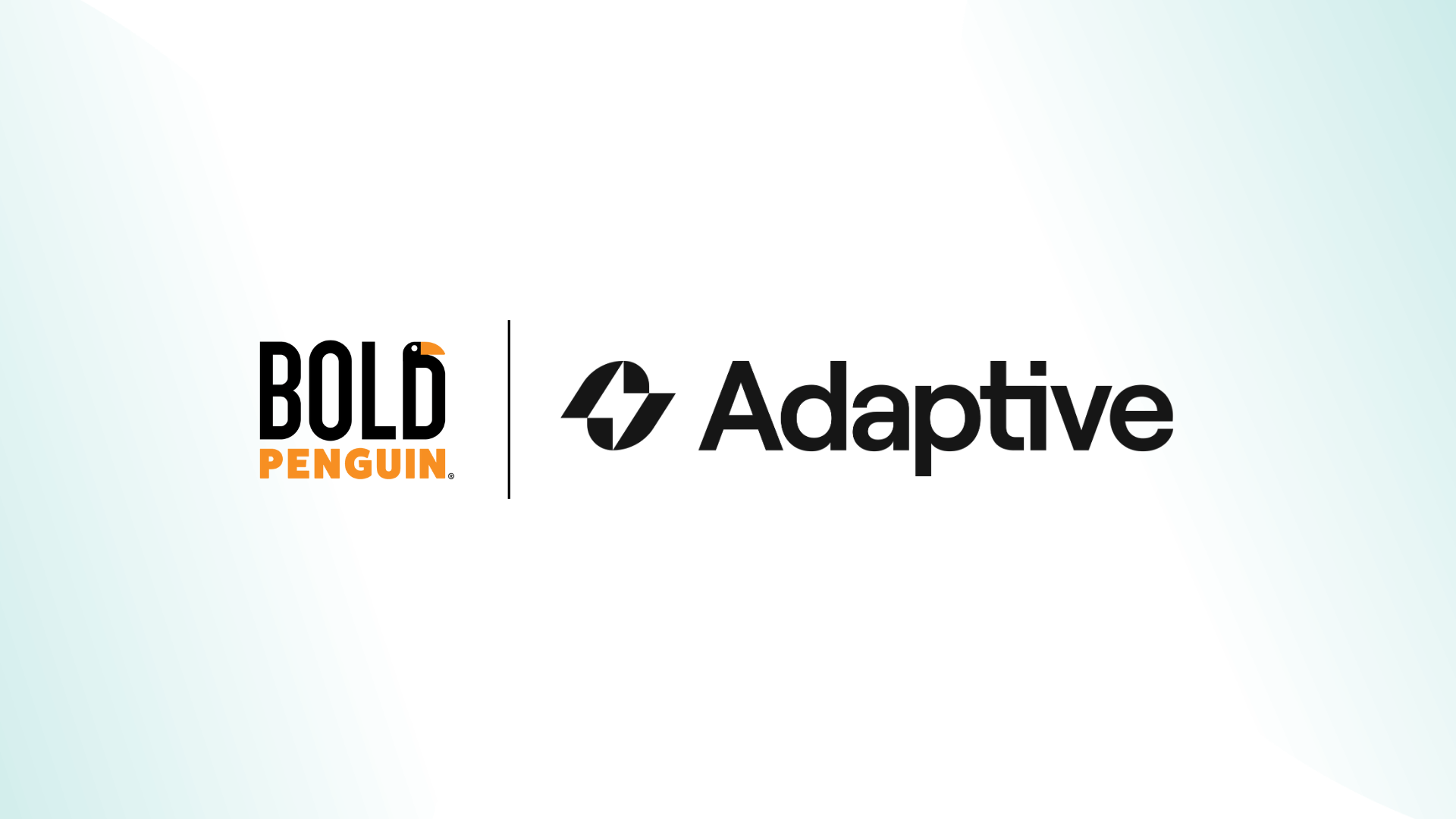The dangers of misclassification
Businesses must be classified with the right NAICS code for insurance to get proper coverage.

Why and how to choose the best NAICS code for insurance purposes
Contributed by Carlos Gonzalez-Avila, Small Commercial Insurance Specialist at Bold Penguin. In this role, Gonzalez-Avila provides support for commercial insurance agents, creating best practices and educational resources that ultimately help them know their customers and grow their success.
Why agents need to get NAICS codes right
Businesses need insurance and must be classified with the right NAICS code for insurance purposes to get proper coverage. Sounds simple, right? It’s not. There are thousands of NAICS business codes.
And if a business is misclassified, it can have damaging consequences for insurance companies, agents, and clients. Misclassifications occur when businesses are inaccurately categorized (for whatever reason), which can lead to incorrect and insufficient coverage, higher than necessary business insurance premiums, and/or claim denial.
Decide on the best small business NAICS code for insurance customers
Some policyholders (and insurance agents) may purposely misrepresent their information to secure a lower premium, which can result in misclassifications. But assuming that both parties are acting in good faith, it still can be tricky to properly classify a given business.
Small business policies are driven by a single NAICS code, and insurance agents can choose only one code for the entirety of the insured's business operation. So how do you narrow it down and then choose the best NAICS code? Always pick the highest liability to the insured and the carrier, not the cheapest option. While this may result in a higher premium, it will ensure adequate protection. As a trusted agent, it is important that you take the time to explain to the insured when reviewing the business insurance comparisons that cheaper does not mean better.
Scenario #1: floors and siding
Mike’s Floors is primarily a flooring installation company, but Mike occasionally takes on siding installation work. While the flooring work accounts for 90% of his business, the siding work involves workers incurring much more risk because of the heights involved. So, when the agent classifies Mike’s floors for their new policy, he or she needs to choose the siding NAICS code for insurance to cover the risk incurred when workers need to install siding 20-30 feet up on a ladder.
Scenario #2: auto repair and carwash
Al’s Hot Wheels is an auto repair shop that also operates a car wash. When insuring Al’s, the agent needs to use the auto repair shop NAICS code, because of the high risk incurred by an auto repair shop, e.g., installing brakes or tires incorrectly. While the car wash incurs much less risk, it still falls within the general description of a company who services cars, but it would not be the correct NAICS code for insurance purposes.
Scenario #3 roofing vs. carpentry
Imagine if a roof installation and repair company purchased a policy while classified as a carpentry business. A roofing company has a very different risk profile than a carpentry business including using ladders, scaffolding, etc. If the roof repair company must file a claim to recover costs, they may not receive any payment on their claim and could suffer devastating financial implications due to the misclassification.
Insufficient research can also lead to a misclassification
In Six Ways To Truly Understand A Business’ Coverage Needs, I wrote, “Understanding an insured's business and what they do involves a sincere commitment to seeing the world from the client's vantage point and having the intellectual curiosity to dig deeper with the insured to understand their business inside and out.” Getting to truly know your customer’s business is mission critical when evaluating multi-carrier insurance quotes. When you truly know your customer, classifications by NAICS code for insurance becomes easier, and your confidence in commercial lines quoting will become stronger. Here is another hypothetical use case that illustrates how improper research that leads to misclassifications can hurt a business:
Scenario #4: marketer vs. manufacturer
Many entrepreneurs and side-hustlers market themselves online, using the internet to bring their unique ideas to market. Let's take Linda as an example. Linda has her own LLC, Light Up the Room, which sells her organic beauty and health products that she makes and packages herself. She promotes and sells these products on her web store.
Light Up the Room is growing, and Linda reaches out to Todd, who is an independent agent, to buy a policy for it. When Todd asks Linda what her business does in order to classify it, Linda says she is an online marketer/retailer. Todd might be tempted to choose an online marketing NAICS code for the insurance policy. However, when Todd looks at Light Up the Room’s core business, he sees that it is a manufacturer of beauty and health products that just happens to use the internet to sell its products.
What Linda and Todd need to realize is that if the business is selling products that you make, you are a manufacturer. And that carries product liability risk which needs to be covered in a policy that categorizes the business as a manufacturer. The true core business classification would not have been revealed had Todd not done his own research.
To sum it up, don’t cut corners
Misclassification can have devastating effects on the insured’s business. Your reputation as a partner in your client’s success is also at risk. Take the time to do the proper research and lean on the available tech resources for NAICS code insurance guidance. With multi-carrier insurance quotes, you can shop around for the right coverage ensure that your customer’s investments are protected.
Join the conversation on LinkedIn or contact us to learn how to streamline your commercial lines quoting workflow.



